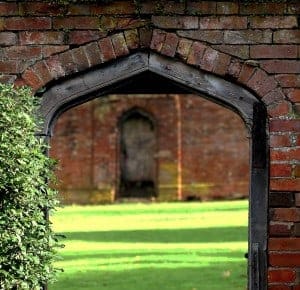These same traditions apply to the common approaches to rehabilitation from all kinds of addictions.
Traditions 10: Alcoholics Anonymous has no opinion on outside issues; hence the AA name ought never to be drawn into public controversy.
This is a very noble traditions but if you were to sit in an AA meeting you would hear many opinions very forcibly stated. It would be very easy to believe that these were ‘AA opinions’. We need to be really careful that we do not imply that there is an AA ‘line’ on issues such as medication: what we think of antabuse, and anti-depressants, for example; should cannabis be legalised? etc. We are entitled to a personal opinion but not to state this as a member of AA as if it has any AA authority. What would it be like if there were opinions within AA on such issues? I suggest it would cause a great deal of controversy and be detrimental to AA unity and the primary purpose of AA – to help people stop drinking and to stay stopped.
Tradition 11: Our public relations policy is based on attraction rather than promotion; we need always maintain personal anonymity at the level of press, radio and films.
Some people – and I know some round here – promote AA so fanatically that they make it seem unattractive. There is no room for big egos in AA, nor the brashness that comes with things like personalised AA car number plates etc. What we need to do is make AA attractive by living a good recovering life. Be happy, fulfilled and serene in our recovery so that other alcoholics want what we have.
Even if we have the most fascinating and famous personalities at our AA meetings, we still need to keep confidences (remember the yellow card – who you see here, what you hear here, when you leave here, let it stay here). Not tell people outside the meetings who we have met, their stories or anything about them. We must not betray any confidences or promote who is at the meeting, however tempting! On the other hand, we need to tell people we are in AA as how can our recovery attract people to the AA way, if they do not know that that is how we got it? We should not be ashamed of our AA recovery.
Tradition 12: Anonymity is the spiritual foundation of all our traditions, ever reminding us to place principles before personalities.
It is important that we place the common welfare of AA before any individuals. Where would millions of us be without AA? Even if we do not like or agree with certain individuals, we must always remember that the only membership requirements for AA are a desire to stop drinking and stay sober. Do we do all we can to support AA financially? Do we do all we can to support AA, taking on service and responsibilities when we can?
If you have an alcohol or drug related problem. Please call 01462 851414 for free and confidential advice and help.

